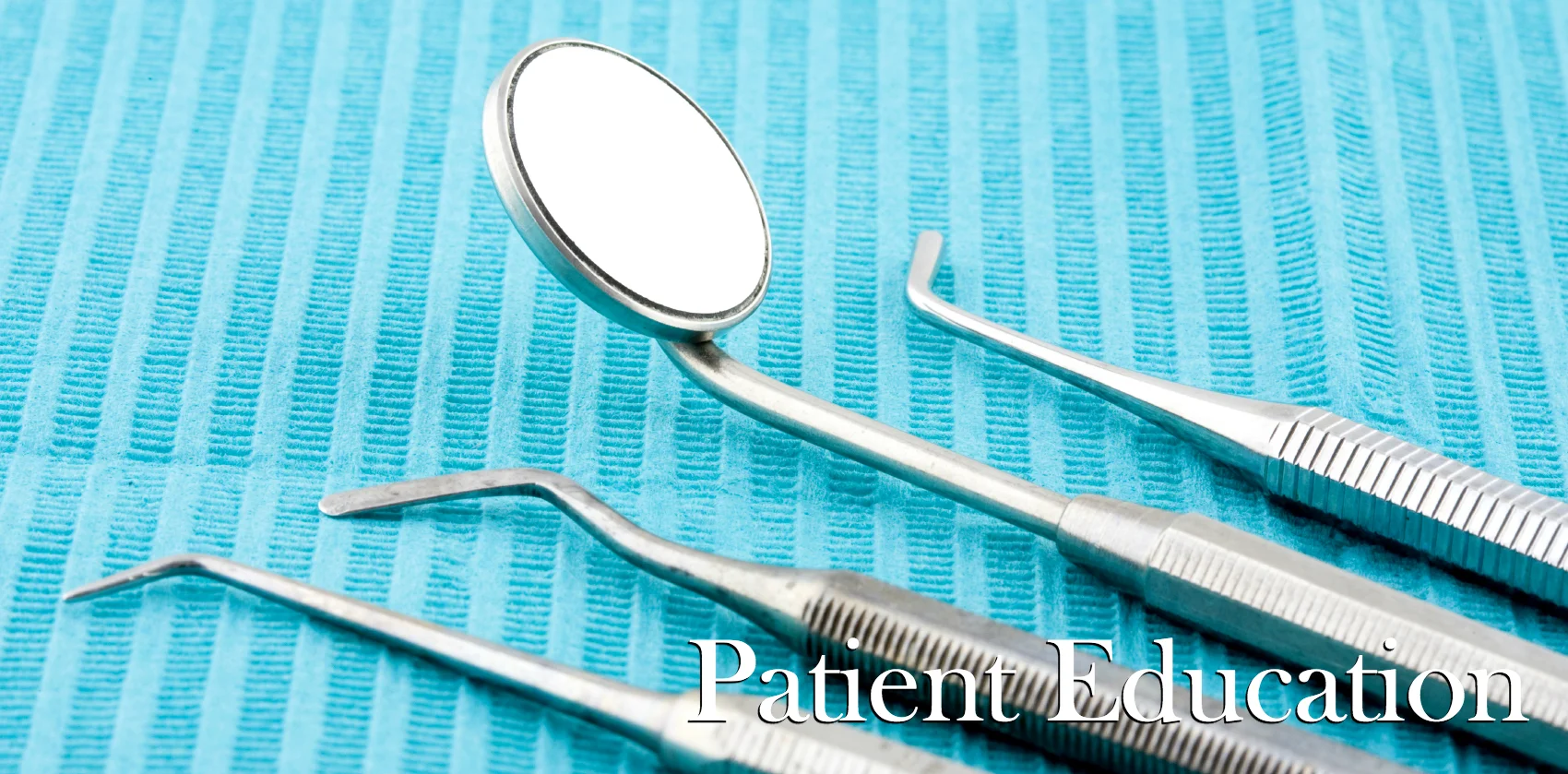Dental implants are a new and exiting technology that has changed the way dentistry is practiced. The ability to add single teeth (or spans of teeth) back to the mouth in a non-removable fashion is a miracle for many patients. However, implants must be maintained with the same hygiene routines as natural teeth, if not more rigorously. Flossing is a particularly important step, as it directly targets the leading cause of implant failure.
A dental implant is essentially a titanium screw that is placed beneath the gums and into the jaw bone. A crown is either cemented or screwed on to the implant, allowing the gum tissue to heal around it and create the appearance of a natural tooth. While the bones will eventually integrate with the titanium in the screw, the gums never truly "attach" to the sides of the implant crown. The result is a deeper pocket than a natural tooth, with much more potential for food collection and inflammation. Flossing is an essential part of cleaning the sides of the implant and removing irritants and plaque from its pockets. Much like the progression of natural gum disease, unclean implants can develop gum irritation and accelerated bone loss. When used correctly, floss reaches areas that the toothbrush cannot reach and keeps inflammation to a minimum. Don't worry- the floss won't damage the implant crown or the screw underneath!
Implants are an investment that begs to be protected. Regular brushing, flossing and dental cleanings are the only way to ensure your new teeth for many years to come. If you have any more questions about cleaning implants, brushing your teeth or using dental floss, please give our office a call!





